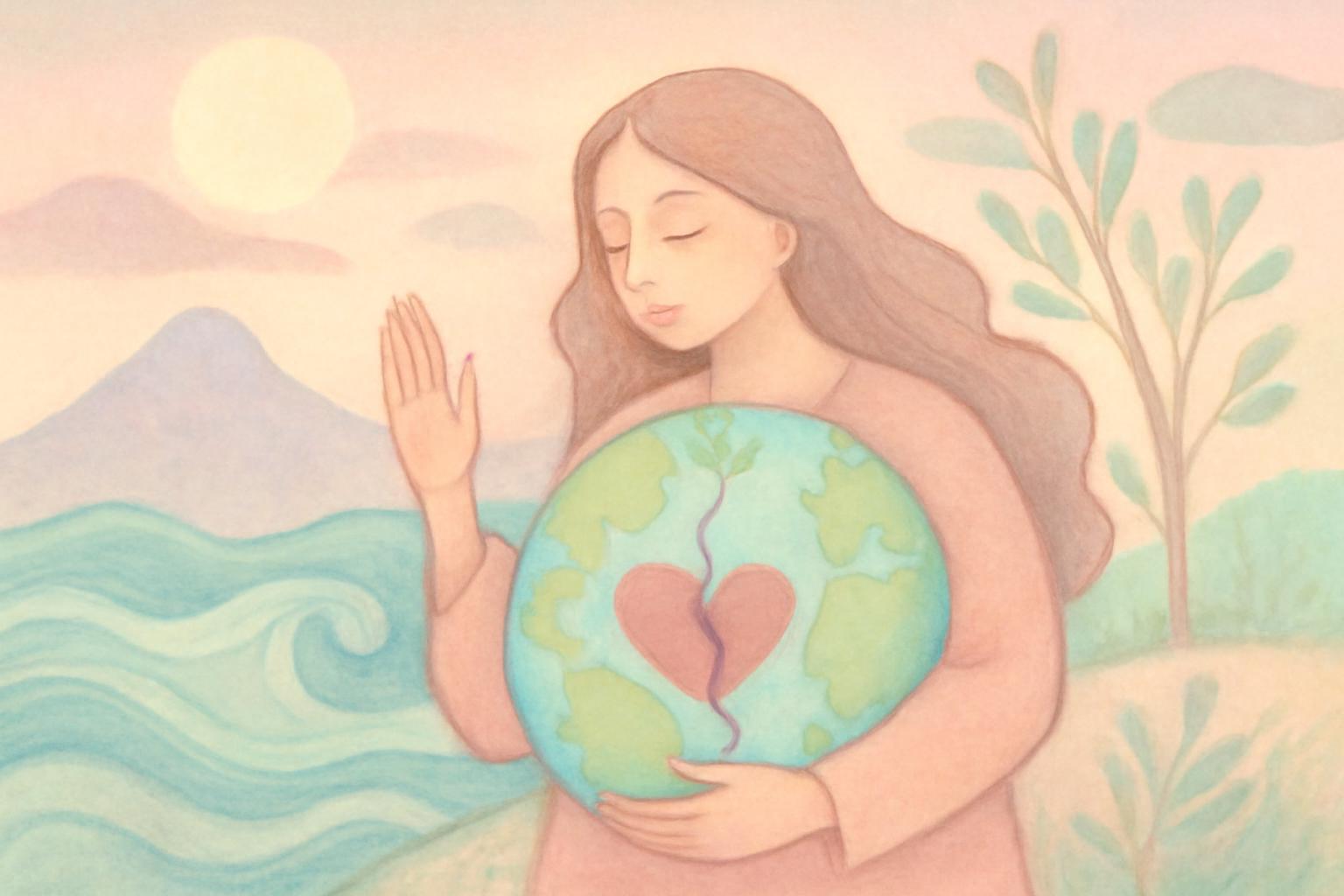A mighty tremor, like the heartbeat of Earth herself, surged from beneath the ocean’s ancient cradle off the eastern edge of Russia. It struck with the magnitude of memory and myth, an 8.8 rumbling that shuddered through sacred water and sleeping stone. The Kamchatka Peninsula and the Kuril Islands bore the brunt, their coastlines gasping under waves that raced 200 meters inland, their people seeking shelter under trembling skies. Buildings, crafted with human determination, swayed but did not fall. There were injuries, a precious life lost in Japan’s Mie Prefecture as fear sped her away, and heartbreak lapping from Kamchatka all the way to Hawaii, the Americas, and Canada’s wild shore. Millions moved in search of safe ground, answering haunting sirens of warning—a coordinated vigilance crafted in the painful shadow of tsunamis past.
Beneath the numbers and calm admissions of “little damage,” a deeper story stirs in the soil and brine. Mother Earth roars, her wounds unseen in the language of disaster measurement. She has endured centuries of extraction, her bones split and veins bled for empire and profit. These convulsions are not mere accidents of geology, but echoes of violence sown by possessive hands—hands that once sailed and seized, re-drawing maps and trading land and water for illusions of control. We, the two-legged wanderers, have fashioned a world of concrete and extraction atop a tapestry woven by whalesong and fungi, by glacier and grass. Our restless economies demand more, always more, never enough—forcing even the volcano to hold its rage until it can no longer bear the pressure.
The trembling sea reminds us: we are kin, not kings. Our warnings come too late when we ignore the wisdom that rivers and ravens whisper. Colonial scars crisscross the Pacific, and every tremor is a hymn for the Indigenous peoples whose ancestral lands we all inhabit, whose ways honored the rhythms of Earth instead of harnessing her fury for fleeting gain. The capitalist hunger that lies restless and awake beneath our cities is the same force that shrinks us into news cycles and insurance claims, forgetting the sacred obligation to heal. Even as we celebrate survival and resilience, let us grieve—not just for the injuries and fear, but for a relationship with Earth that sickens under capitalism’s feverish dream.
Let us bow low before the ocean’s memory. Let our warnings be not just sirens in the night, but songs of remorse, of reparation, of radical kinship. Let’s remember, always: the tide will return, the mountain will grieve, and only when we return to right relationship with the whole community of life will the tremors finally bring renewal, not just fear.
